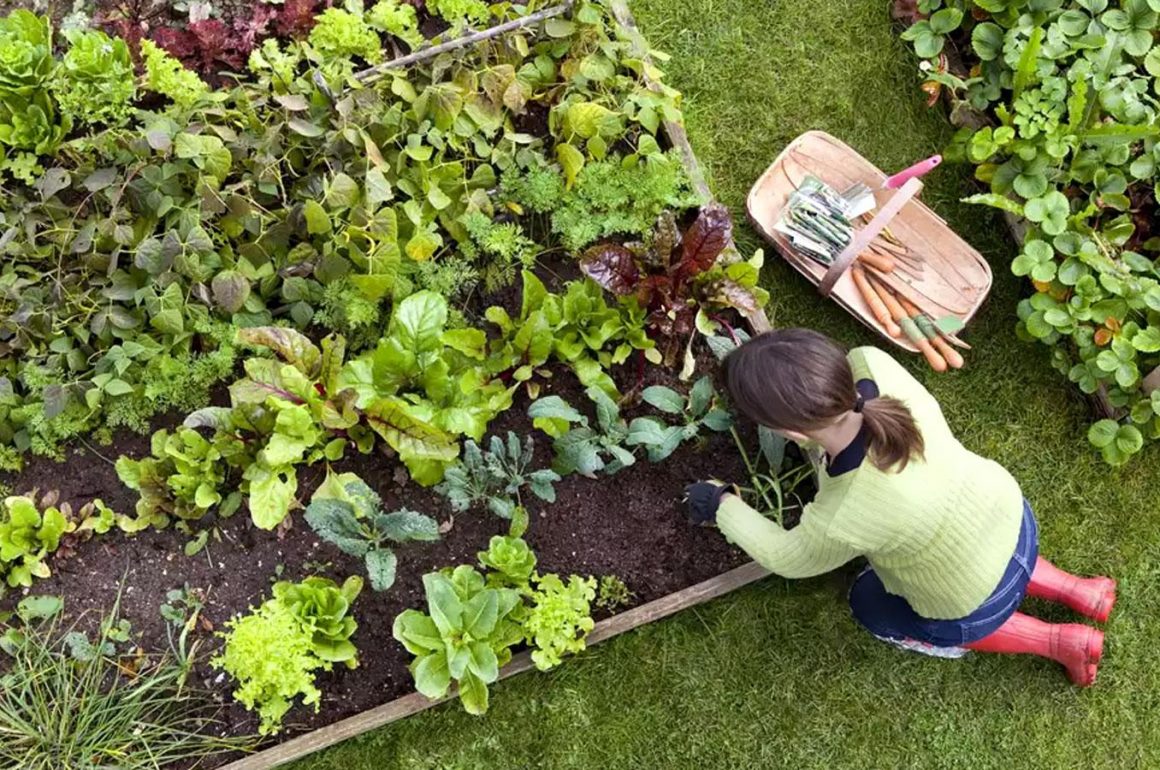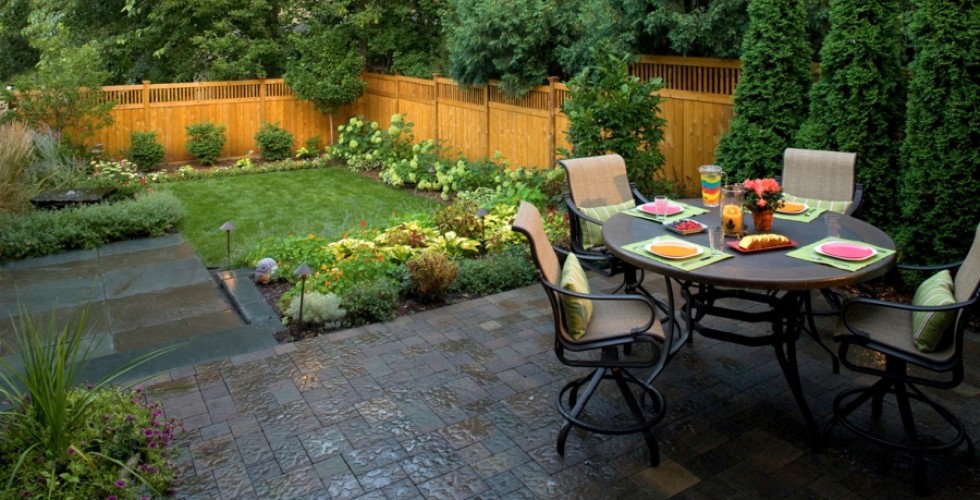
Sustainable, organic gardens are the future of the planet. Many people are seeing not only their benefit to the environment but also to their health and finances.
Garden Club London has helped many customers design and implement sustainable gardening ideas. With urban agriculture becoming ever more popular, many people could do with information about sustainable gardening.
The following are methods the company uses to design and build sustainable, organic gardens:
- On – Site Water Storage and Conservation
There is nothing better for your organic garden than rain water. Places like London that receive plenty of rainfall annually can have incredible rain – fed gardens. The issue is capturing the rain prior to it running off and seeping underground.
Having drains to direct water flow and barrels or tanks to capture rain water are a great idea for a sustainable garden. Once you buy them, they are really cheap to use and maintain.
Collecting rainwater on site saves much in money and effort you would otherwise use to water your plants. you can capture rain water with readily available materials and keep harmful chemicals away from your garden.
- Composting
Composting is another time – tested method to maintain a sustainable garden. Using organic waste materials and excess plant foliage to make fertile black soil should be done by every organic gardener. You can either build up a compost pile or conduct sheet composting in your garden. You also have the choice of buying a compost pile or making one yourself.
A great composting alternative is to do worm composting. You can either put the worms in a different bin or add them to your compost pile for even richer soil.
- Mulching
Surprisingly, many gardeners do not participate in mulching when it is very easy to do. You can collect leaves, pine cones , wood chippings or any other organic material around to mulch .
Mulching also enriches the soil by keeping it moist while reducing the growth of weeds. You can easily mulch using components from your own yard and it will be enough. In the case that it is not, you can collect org from your neighbors to complement your pile.
- Use Native Plants
One of the best ways to develop a sustainable, organic garden is to use plants indigenous to your location. They are already in tune with the seasonalchanges of the area including sunshine length and intensity & also rainfall frequency & amount.
Native plants need less maintenance to flourish and will cost less than imported, exotic plants. They will save you a lot of gardening time since they do not have to be constantly replaced or weeded.
Moreover, majority of native plants have edible fruit, nuts and roots which you can eat.
- Encourage Natural Predators
Creating a sustainable garden means using as little chemicals as possible as it concerns pesticides and fertilizer. By encouraging natural predators in your garden, they will feast on all the local pests that are bound to roam your garden.
Natural predators are the best form of organic pest control and is highly beneficial to the environment. By not using harmful pesticides, you preserve the natural food chain in your area.




